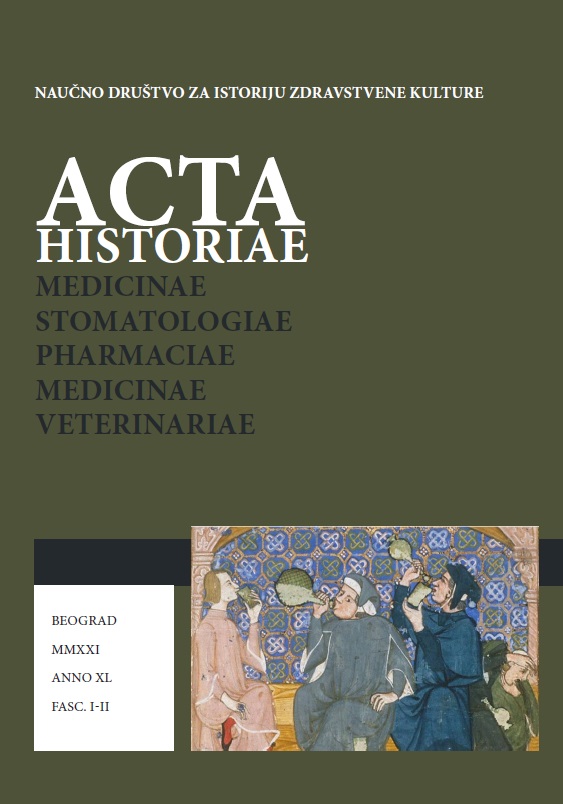POST WORLD WAR TWO HISTORY OF THE DANUBIAN GERMANS IN NEW YUGOSLAV REALITY: THE CASE OF THE PFEIFFER FAMILY 1944-1946
POST WORLD WAR TWO HISTORY OF THE DANUBIAN GERMANS IN NEW YUGOSLAV REALITY: THE CASE OF THE PFEIFFER FAMILY 1944-1946
Author(s): Isidora Jarić, Haris DajčSubject(s): Social history, WW II and following years (1940 - 1949)
Published by: Naučno društvo za istoriju zdravstvene kulture
Keywords: labour camps; concentration camps; disease; malnutrition; life conditions; Danubian Germans; World War Two; Yugoslavia
Summary/Abstract: World War Two had very destructive consequences in Yugoslavia, especially when it comes to demographic changes, as Yugoslavia was among the European states with the highest number of human losses. The focus of authors is on the conditions after the liberation regarding one of the biggest minorities in the region of Vojvodina: Danubian Germans. Although the war was over in Spring 1945, the new authorities of socialist Yugoslavia followed a similar pattern as other Central and Eastern countries regarding their German minorities. As the result ofcollective guilt, Danubian Germans lost their civil rights, their property and eventually they were placed in camps. The conditions were grim, and the mortality rate was high, especially among children. The case of the Pfeiffer family depicts a large part of the historical trauma that the ethnic community of the Danubian Germans went through in the first post-war years. For the research authors used family archives and court papers that Wiliam Phaiffer made available to authors. Stil members of the Pfeiffer family, and especially the children,managed to survive thanks to their Serbian and Jewish friends who came to theiraid in these complicated and hostile circumstances and made their survival possible.
Journal: Acta historiae medicinae, stomatologiae, pharmaciae, medicinae veterinariae
- Issue Year: 2021
- Issue No: 40
- Page Range: 49-59
- Page Count: 11
- Language: English

